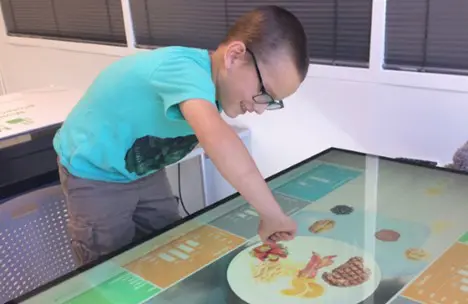
Bilingual/Bi-cultural:
The Bilingual/Bi-cultural concentration provides all educators with a better understanding of key teaching strategies to help support multilingual students in their classrooms. Students learn research-based curricular and instructional strategies, including using new digital media to effectively teach students for whom English is a second language. This concentration aligns with the course sequence for the Bilingual and ESL Endorsements, designed for Illinois educators who wish to add an endorsement to their Illinois Professional Educator License (PEL).
Digital Learning:
Our Digital Learning concentration centers on the creation and research of digital environments for learning and teaching. This concentration is ideal for students who wish to learn more about the potential of technology in learning environments in formal (e.g., schools) and informal (e.g., museums and after-school clubs) settings. The program also provides opportunities to explore out-of-school learning opportunities, such as educational applications, games, and toys.


Perspectives and Practices:
This degree track accelerates the professional development of teachers and other educators to understand interconnections among theory, research, and practice. Program participants have the opportunity to understand the latest developments in curriculum and pedagogy and to design and implement inquiry projects in their own classrooms or other learning environments.
Trauma-Informed Practice and Pedagogy:
This concentration provides education professionals with the knowledge and skills necessary to create equity-centered, trauma-informed learning environments. The degree concentration introduces students to the incidence, impact, and causes of trauma, including individual traumas, and the system of oppression, bias, and discrimination present in and outside of our education system. Participants will learn to recognize the signs trauma and how to use equity-centered trauma-informed practices while seeking to eliminate the causes of trauma in their circle of influence and the larger education system.
.webp?sfvrsn=61a094a7_1)
